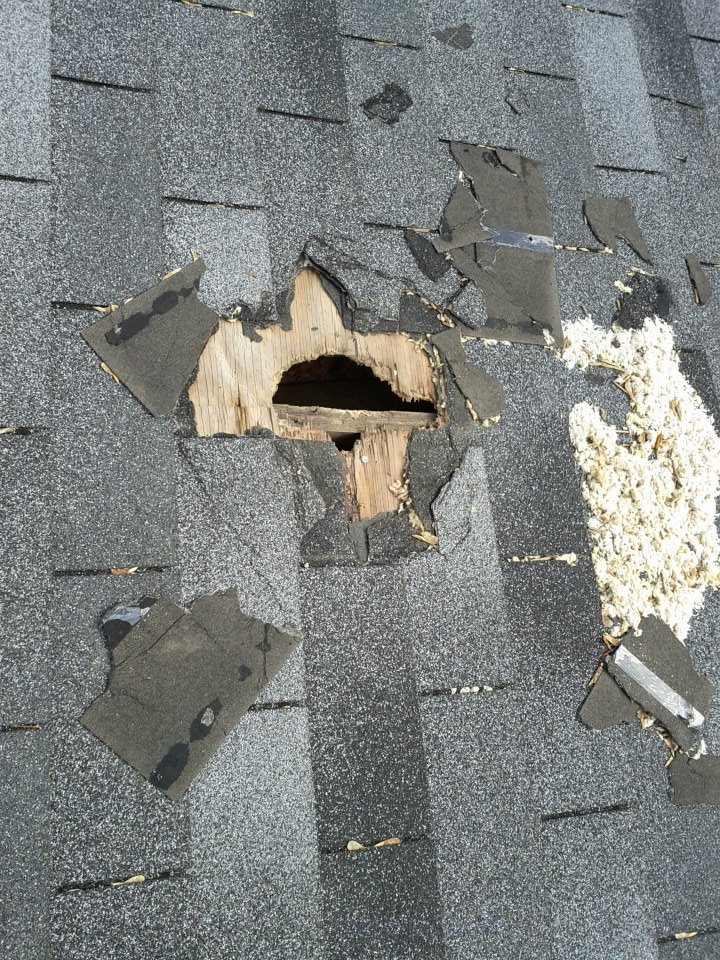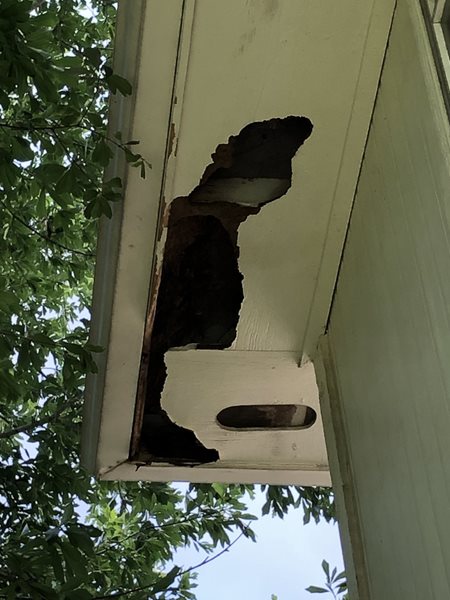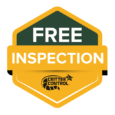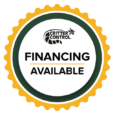Raccoons are on your property (either in your yard or your house) in search of food and shelter. Easily available food often attracts raccoons to your yard. Raccoons are omnivorous, eating both plants and animals. Plant foods include fruits, berries, nuts, acorns, corn, and other types of grain. Raccoons will den in the space under a porch or deck, inside sheds, climb into chimneys, or in your attic.
Female raccoons may destroy and enter parts of your home, especially your attic, to create a suitable place to raise their young. Raccoons usually mate between late January and mid-March. Bellingham homeowners start to notice a raccoon litter in April or May.
Most people know raccoons are carriers of rabies, which can be deadly to people and pets. Raccoons are dangerous because they can spread other diseases, destroy your home, and potentially attack. Do not approach a raccoon inside your attic!
Critter Control has been providing raccoon removal near you for decades. Our technicians have the experience and training to recognize all potential raccoon entry points and damage caused by a raccoon. Based on the comprehensive inspection, our raccoon removal process safely traps and removes the animal and repairs all damage.

Signs of Raccoon Infestation
What Sounds Do Raccoons Make?
Raccoons are nocturnal, meaning they are most active at night.
Common sounds include:
- Scratching or thumping in the attic or walls
- Chirping, chattering, or growling noises
- Heavy movement sounds near ceilings or crawl spaces
How to Identify Raccoon Tracks and Droppings
Raccoons leave behind distinct hand-shaped footprints and dark, tube-like droppings that can indicate an infestation.
- Tracks found near walls, attics, and entry points
- Droppings clustered in one area, often near nests
Raccoon Damage in NW Washington



Raccoon Trapping
At Critter Control, we use humane and effective cage traps to safely capture raccoons. To ensure success, keep a 12-inch clearance around the trap, as raccoons have highly dexterous front paws with long fingers and nails. When trapped, raccoons may attempt to damage their surroundings, so proper trap placement is key. For the best results, set traps in areas where raccoon activity is evident. Look for tracks, droppings, and signs of entry inside your home. Outdoors, check for dens, scat, and well-worn pathways. Placing multiple traps along their travel routes increases the likelihood of capture.
If setting a trap on a roof, always ensure it is securely stabilized. Unsecured traps on pitched surfaces pose risks to both the raccoon and your property. Additionally, traps with coverings help shield the animal from harsh weather conditions.
Raccoon Control & Exclusion
Preventative exclusion services are the most effective raccoon control. After raccoon removal, it is imperative to seal all entry points to prevent future entry. Ensuring you don’t create a home for raccoons outside your property will also help avoid attracting raccoons. However, habitat modification will become very important for prevention after dealing with a raccoon invasion. Repellents offer temporary solutions. Raccoons grow accustomed to frightening devices, and no toxicants are regulated for raccoons.
Raccoon removal can vary in price depending on the location of the infestation, the property type, and amount of raccoons present. At Critter Control of NW Washington, raccoon removal pricing starts at $299.
Raccoons are nocturnal and can be identified by loud scratching, thumping, or chattering sounds in your attic, walls, or crawl spaces. Other signs include raccoon droppings, tracks, torn insulation, and a strong, musky odor. If you notice any of these signs, it’s best to contact Critter Control near you for a professional inspection.
Yes, raccoons can pose health and safety risks. They are a rabies vector species and can carry parasites such as roundworms. They may also become aggressive if cornered, especially mothers protecting their young. Additionally, their droppings can contain harmful bacteria. Professional removal ensures safety for you and your family.
If a mother raccoon has babies in your attic, removing them requires special care. Our wildlife specialists locate the nest and safely extract the babies, ensuring they are not left behind. When possible, we reunite them with the mother outside. If needed, we work with licensed wildlife rehabilitation centers to care for orphaned raccoons.
Get Rid of Raccoons with Critter Control


